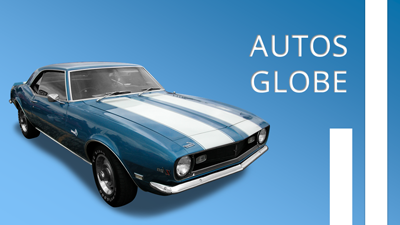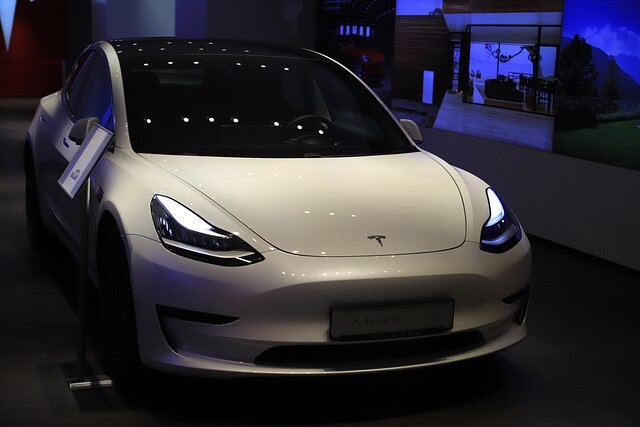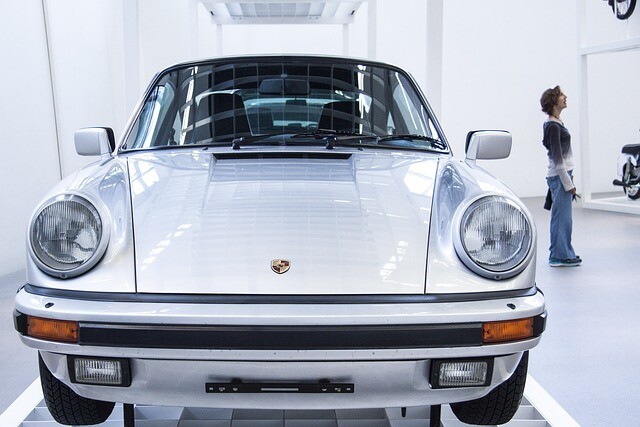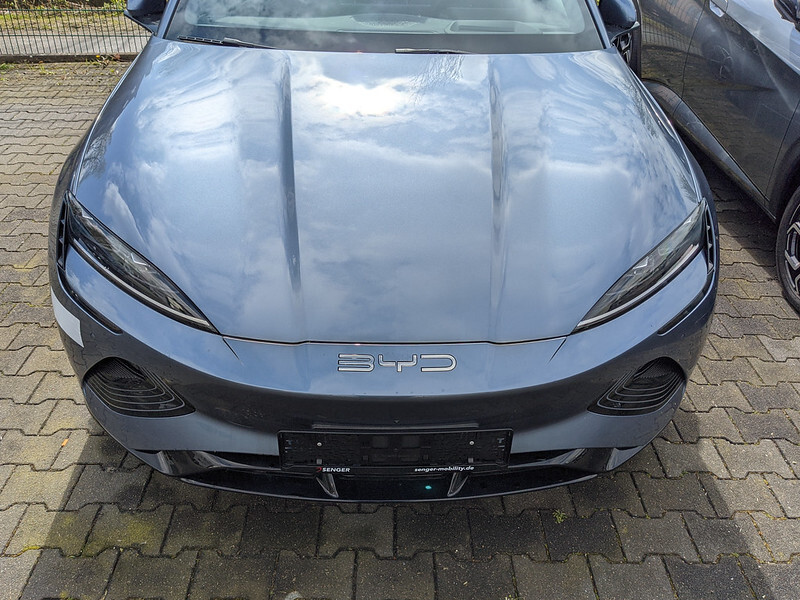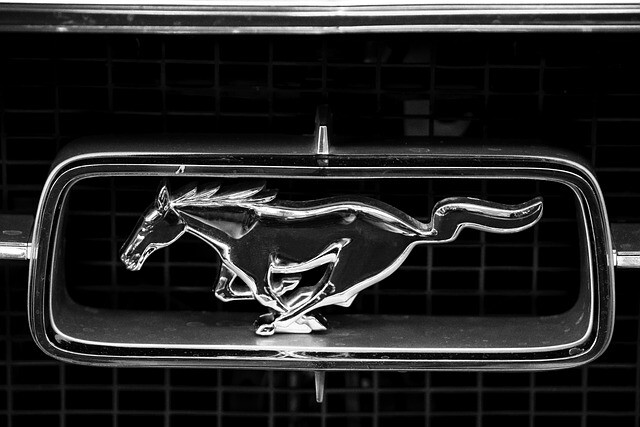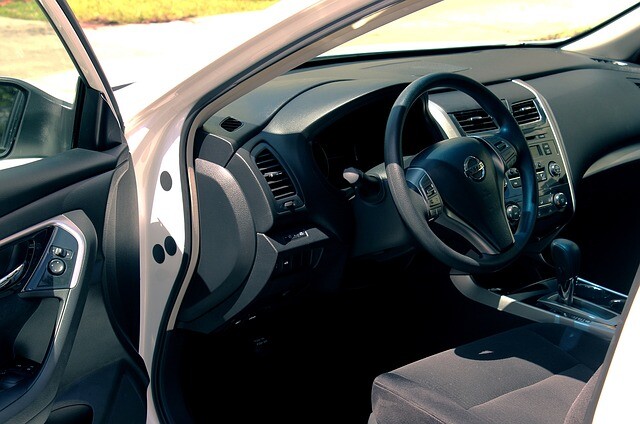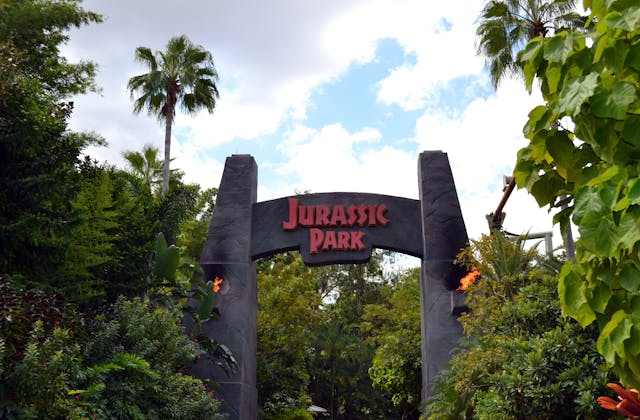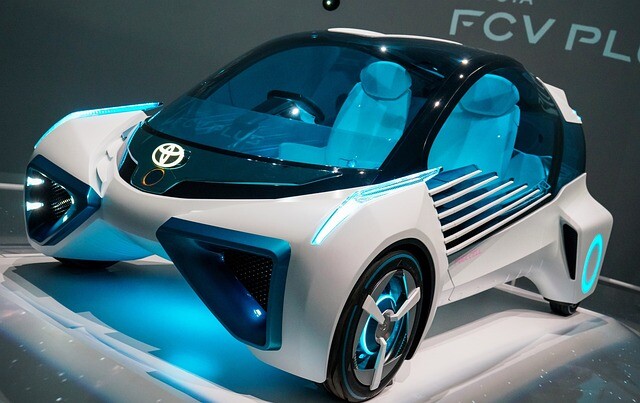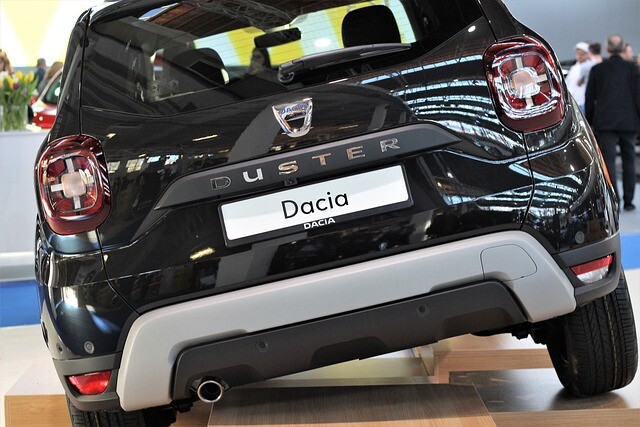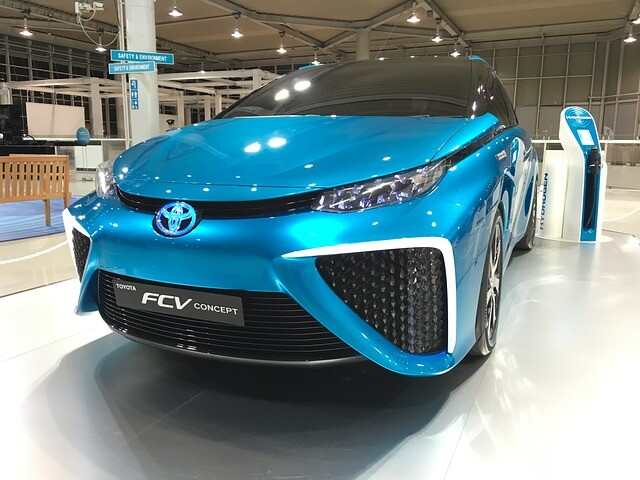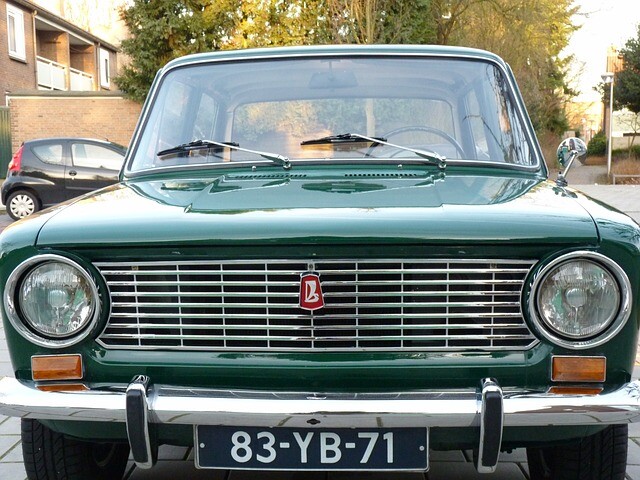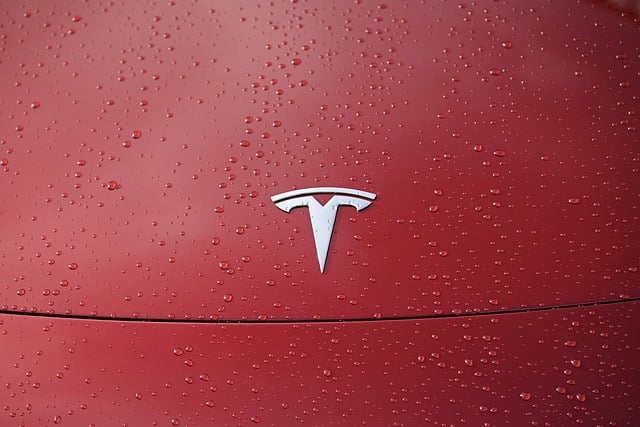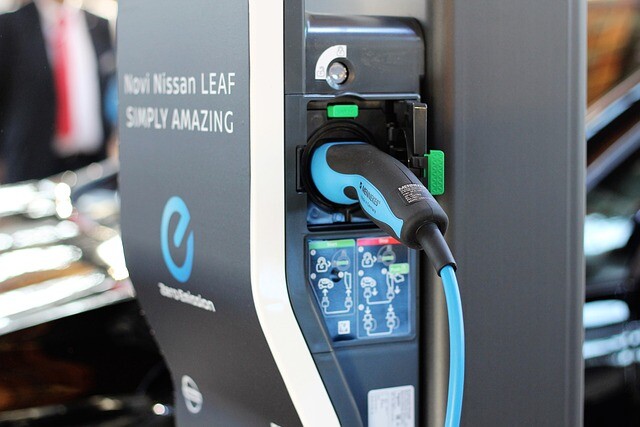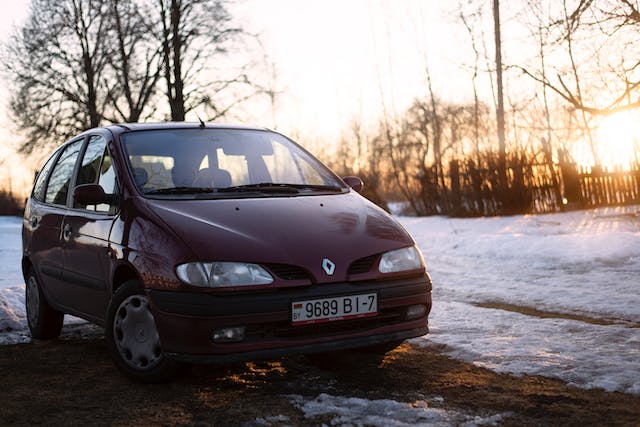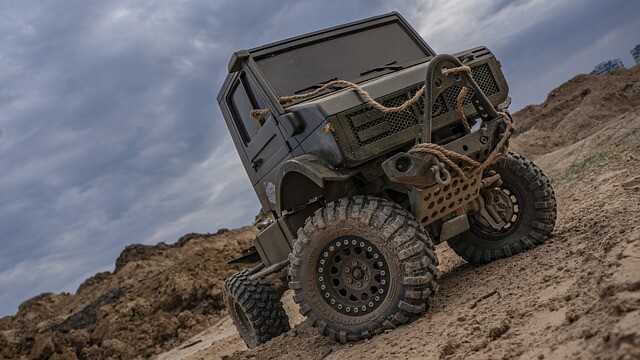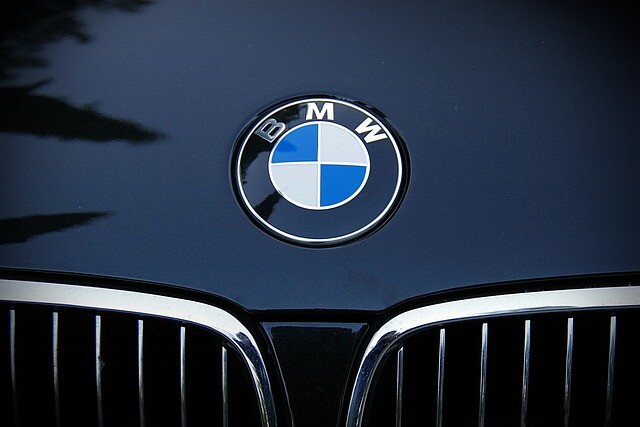As Dalnoki told Vezess, the future is for electric cars, but the manufacturer expects a shortage of batteries, so hybrids are the first step in transforming the mindset of customers, closer to pure combustion models.
VW gets into the hybrids
Volkswagen is turning to digitalization and electric drive to drive carbon-neutral operation, according to the brand's press conference on Wednesday.
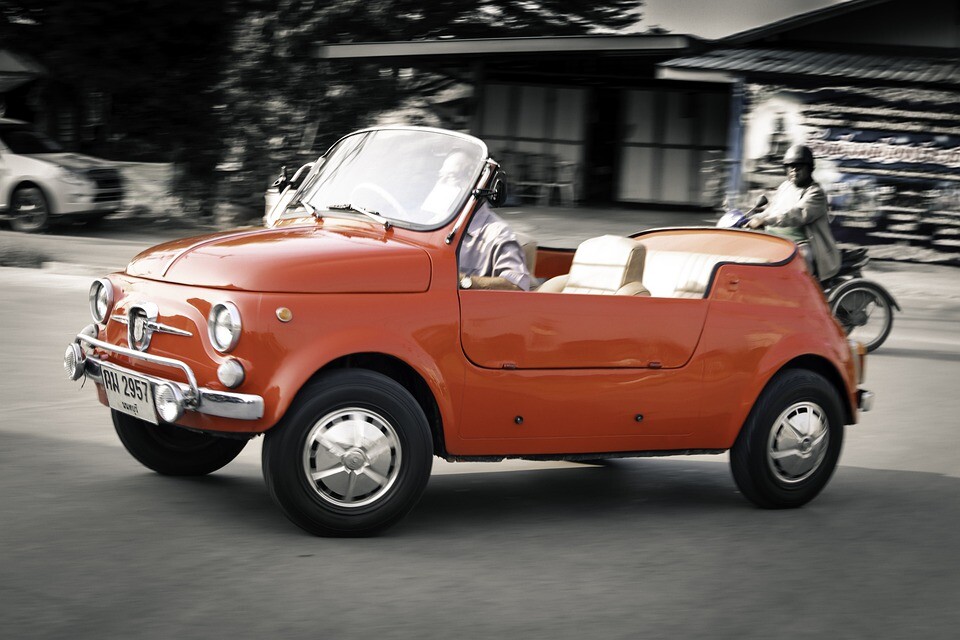
At present, Volkswagen is a recreational car brand, but the goal is to become a hybrid brand next year, said Balázs Dalnoki. Volkswagen's brand director said at a press conference on Wednesday that Volkswagen does not want to be a premium brand, to compete with Audi, but to become a mass producer of the highest quality product. However, by 2050, they are aiming for carbon-neutral mobility, including co-neutrality in manufacturing. To achieve the above, a wide range of models and new business solutions will help the brand, but they will also have to overcome many risks.
Volkswagen's home country was successful in the field of electric cars, the brand selling most of these models in 2019. Together, e-Up and e-Golf accounted for a third of electric cars sold. There is also considerable interest in the brand's brand new pure electric model, with seven of our countrymen seizing 80 of the first series of ID3 in seven hours.
But customers have to wait for delivery to arrive, with vehicles arriving at the end of August, beginning of September, whose software is still being worked on - even during production. The goal is to hand over the finished car and not have to update the vehicle program afterwards. The final range is not yet known, and the factory is currently counting on three types of batteries, including 330, 420, and 540 km.
Not only will the offerings of Volkswagen and other manufacturers change, but according to Balázs Dalnoki, the mini cars will disappear and the Polo has no real future. "There's so much technology to incorporate into these cars that the goods will resemble compact cars, so there's no rational choice to buy them." More sophisticated technical solutions are needed, inter alia, due to further tightening of emission standards by the end of 2020.
Seven new Volkswagen models arrive in Hungary this year. The Eighth Golff begins a series of novelties, including the T-Roc Cabrio and the Arteon shooting brake variant, the Touareg Sport. In addition, there are several mild hybrid and plug-in hybrid model variants.
Volkswagen expects 150,000 new passenger cars to be sold in the Hungarian market by 2020, of which 11,250 will carry the renewed German brand logo. They have high hopes for continued state support for family cars, as Volkswagen has sold nearly a thousand seven-person cars following the launch of the program last summer. In addition, the brand seems to be a lure for convincing private customers, as they are making special promotions for them, whereby customers can claim a discount of between 900,000 and 1.8 million forints.
(Source: vadess.hu / Photo: pixabay.com)
